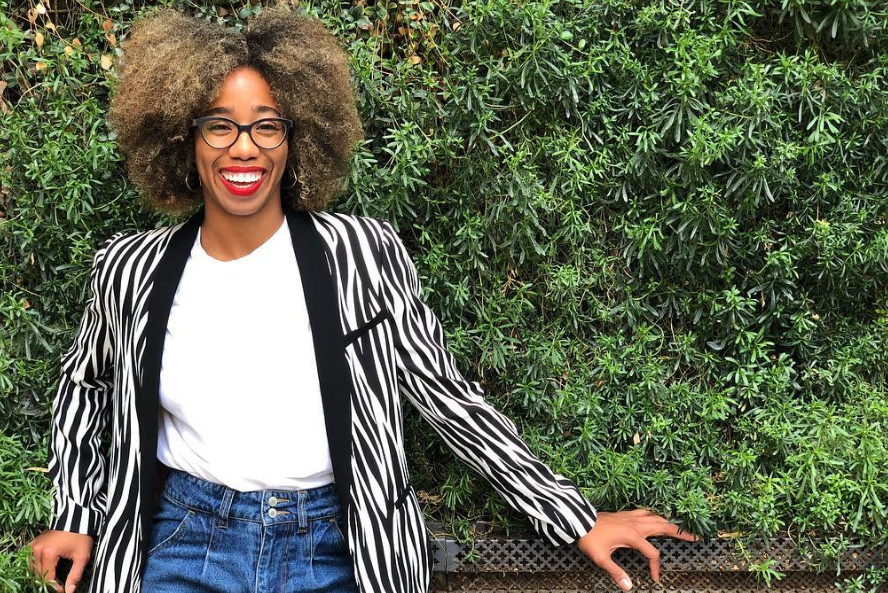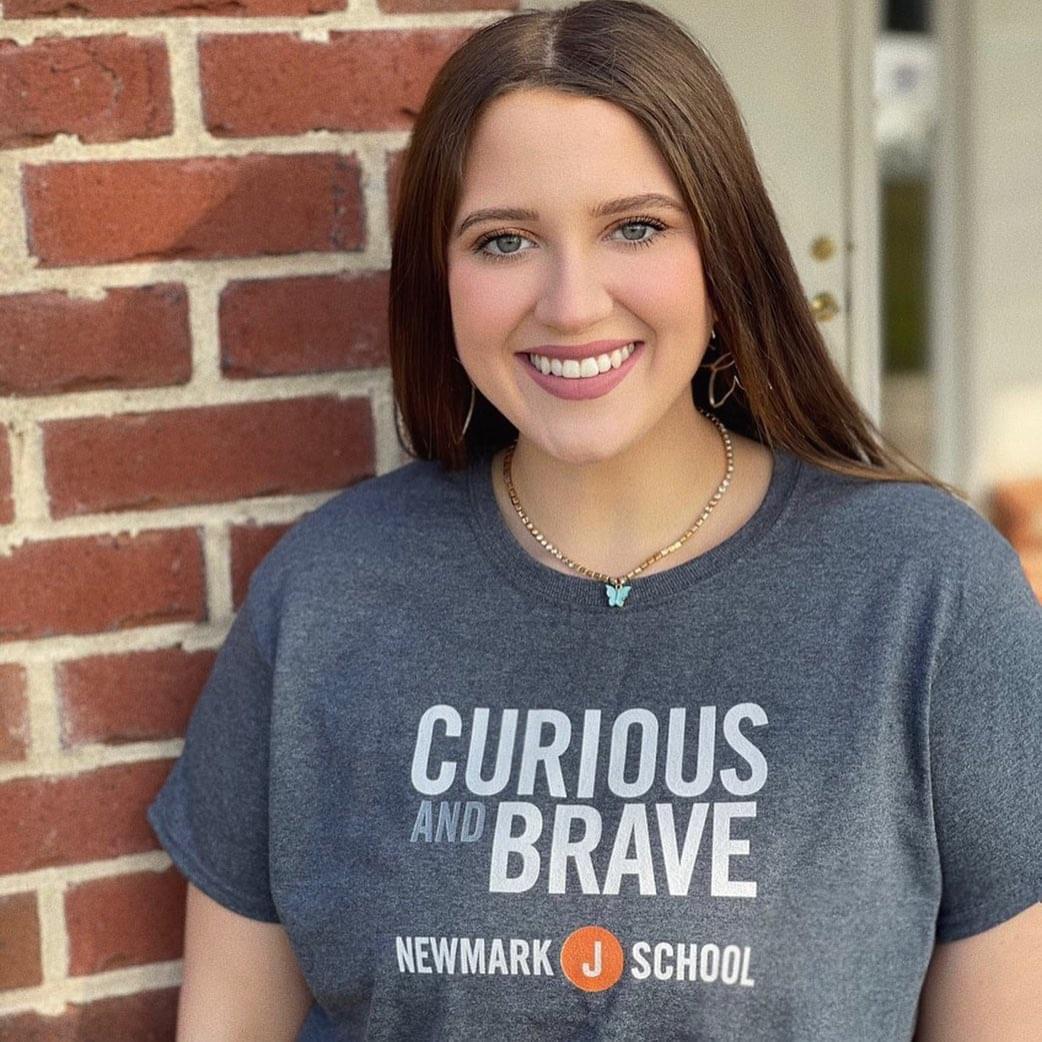Report: 79% Of Seed Funding For Diverse Founders Goes To White Women

In a recent report given exclusively to Fortune, BBG Ventures found that 64% of investment deals and 79% of seed funding for “diverse founders” went to white women. The report was led by Amber Quiñones, head of platform at BBG, who, according to reports, “long suspected” that most of the funding the venture industry gives to diverse founders goes to white women.
Quiñones sifted through data from Crunchbase’s database, which includes an all-time $3.17 billion in seed-stage funding for diverse founders—women and people of color—through June 2023. According to Fortune, the database records 32,000 early-stage deals for diverse founders by active investors, but most of those deals don’t disclose the amount of capital raised. Of those deals, about 24,000 were for companies founded by women—and 20,000 of those were startups founded by white women.

The publication further reports that early-stage investing arguably produces more progress for female founders than growth-stage investing. Essentially, seed-stage funding is one of the most important types of capital for starting a business as a woman. When it comes to growth-stage investing, huge disbursements for companies that were founded by mostly white men have shrunk the share of capital that goes to women in recent years, even as women-founded companies raise more money every year.
“We can’t meaningfully change the outcomes of venture capital at the exits if we’re not meaningfully changing the inputs at the early stage,” she Quiñones told Fortune.
The Crunchbase data showed that women of color received less than 10% of diversity investment checks by deal count, which further supports the longtime research stating Black women receive less than 1% of all venture funding.
BBG Ventures, led by managing partners Susan Lyne and Nisha Dua, and all companies it backs reportedly have at least one woman founder. According to Fortune, its own current fund portfolio is made up of 55% where women of color are founders and 45% are white women.
The BBG Ventures report comes at a time when the Fearless Fund is under legal attack for advocating for Black women founders by focusing on them to award capital and resources.
Quiñones expressed her concern to Fortune that while women used to have to worry about competing with men for funding, they are now furthermore being forced to compete with each other. Quiñones worries that women-owned businesses are only going to be funded if they are “Stanford-educated White women.”
“Yes, we are able to move women forward,” Quiñones told Fortune. “But is everybody moving forward with them? Not necessarily.”






